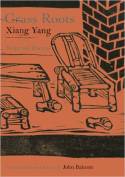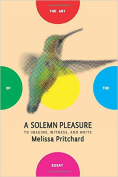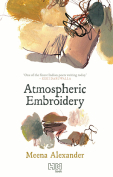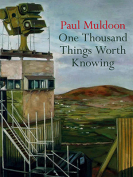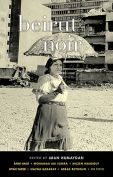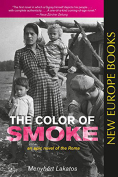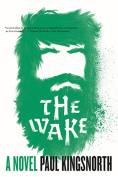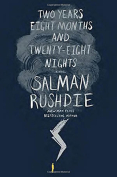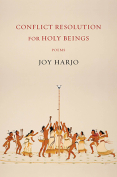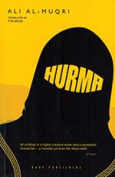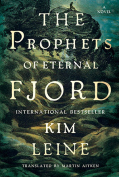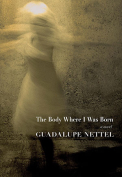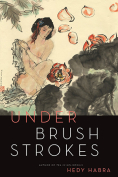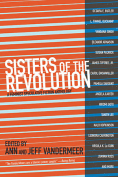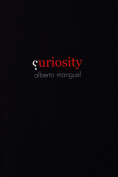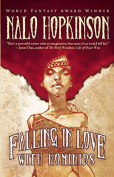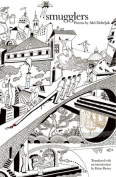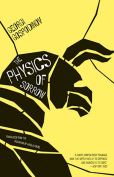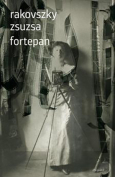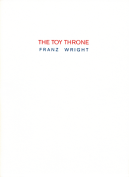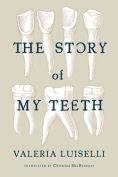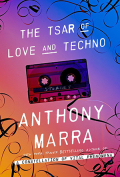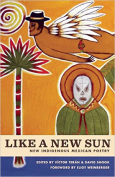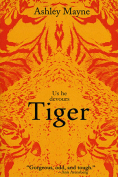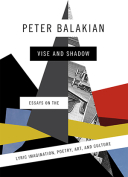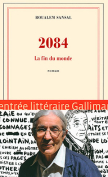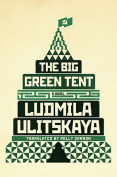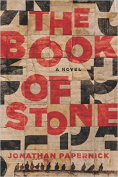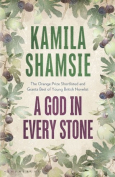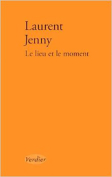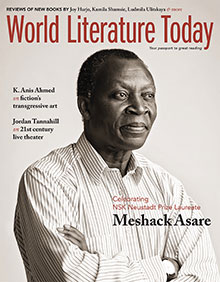Sisters of the Revolution: A Feminist Speculative Fiction Anthology
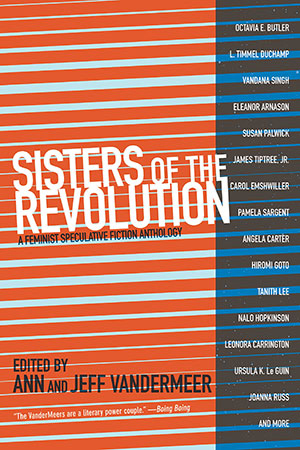 Ann Vandermeer & Jeff Vandermeer, ed. Oakland, California. PM Press. (IPG, distr.). 2015. 341 pages.
Ann Vandermeer & Jeff Vandermeer, ed. Oakland, California. PM Press. (IPG, distr.). 2015. 341 pages.
This collection brings together stories from the 1970s onward from new and established writers in science fiction and fantasy. The editors note in their introduction that the stories were arranged for flow and readability without regard to chronology, and I believe they hit the mark.
Speculative fiction provides an excellent milieu in which to explore feminist themes and the pressures and impositions put upon women in everyday life. In fact, it is almost easier to confront the absurdity of social constructions of gender in a setting that itself is absurd or surreal. All the stories challenge patriarchy and patriarchal thinking in some way and reveal to us just how dangerous it can be. Some of my favorites include:
“The Forbidden Words of Margaret A.”, by L. Timmel Duchamp, gives us a powerful heroine whose words are outlawed and body imprisoned by a government that fears her influence. “The Mothers of Shark Island,” by Kit Reed, explores the isolation, burdens, and responsibilities of maternal love. “Unlike pneumonia, motherhood is an irreversible condition.”
“Boys,” by Carol Emshwiller, takes place in a society where men and women live separate from each other. Hypermasculinity and war have become the norm among the men, and women are used solely for copulation and reproduction. Until the women revolt. “The Grammarian’s Five Daughters,” by Eleanor Arnason, is a charming story of strong women who make the world a better place through grammar, of course.
“Gestella,” by Susan Palwick, takes a chilling look at the ways in which women are held to very particular beauty standards, desired as trophies in their youth and rejected in old age—all through the eyes of a werewolf.
Typical of any collected work of stories, I enjoyed some more than others, though there truly were no weak entries in this book. The diversity of this anthology keeps the collection interesting and provides something for everyone. This book is a must-read for fans of speculative fiction, feminist or not, and would be an exciting text to build a women’s studies course around.
Diane Karns
University of Oklahoma
